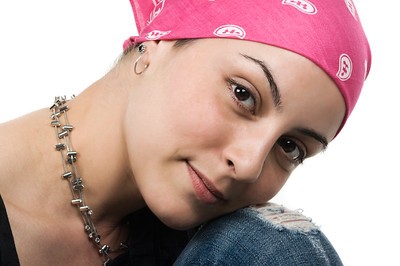
Many women diagnosed with early-stage breast cancer, and whose test results for a positive for an inherited genetic variation are getting cancer treatment that is not following present guidelines. This was according to a study published in early February in JAMA Oncology. Stanford University School of Medicine's Allison W. Kurian, M.D., and some colleagues thoroughly examined the association of germline genetic testing outcomes with locoregional, well as the systematic therapy employment in women who have breast cancer.
The nonconformity of treatment from the present practice guideline was also evaluated. With this, data gathered from California and Georgia's Surveillance, Epidemiology, and End Results registries were utilized to determine over 20,000 20-year-old women who had a diagnosis of stages 0 to III breast cancer from 201 to 2016. The researchers discovered that, compared with female individuals who had negative for test results, "were those with BRCA1/2 pathogenic variants were possible to get bilateral mastectomy for a unilateral tumor" less possibly to receive post lumpectomy radiotherapy. In addition to this, they are likely to undergo chemotherapy for early-stage estrogen or progesterone receptor-positive illness. For pathogenic variations in other breast cancer-associated genes, there was a discovery of similar patterns, although, not with deviations of uncertain essentiality.
ALSO READ : Radiation - the Problem and the Solution
Hereditary Genetic Test Result Affecting Breast Cancer Treatment
The same study has resported that women who have pathogenic variants in BRCA1/2, and other breast cancer-related genes were discovered to have distinctive breast cancer treatment patterns. These then, may be less concordant with practice strategies, specifically for both chemotherapy and radiotherapy. Incidentally, women with onset stage breast cancer whose test for a hereditary genetic variant has positive for a result, are not getting cancer treatment that follows the present guidelines always.
A hereditary gene can increase the risk of acquiring second breast cancer. Therefore, strategies like the removal of a woman's ovaries or breasts are intended for the prevention of future occurrence of cancer. But women already diagnosed with breast cancer should consider learning about how to treat tumors. Cancer treatment options, according to senior author Dr. Steven J. Katz, are growingly more complicated for patients. Patients also need to consider countless options for treatment for the type of cancer they currently have, as well as the implication of genetic test results on the prevention strategies of cancer for both their family members and themselves.
Treatment Less in Line with Practice Guidelines
More and more women proceed with genetic testing upon diagnosis of early-stage breast cancer, now with growingly more sophisticated tests including a panel of around 30 different genes, and each of these genes carries different dangers for future cancers. According to Kurian, they discovered that treatment for breast cancer, among women testing positive for an inherited genetic mutation, is said to be less in line with the practice guidelines, specifically for chemotherapy and radiation therapy. The research head also said that it is quite a challenge to incorporate genetic testing into care for breast cancer. The importance of the results, as well as the effect on the patient's risk, differ extensively so focus must be considered while treatment is ongoing.












